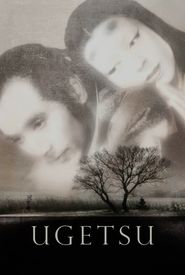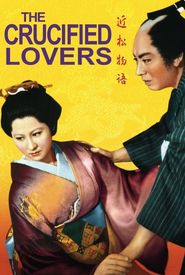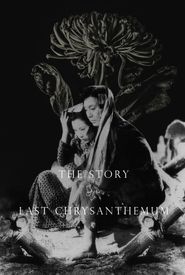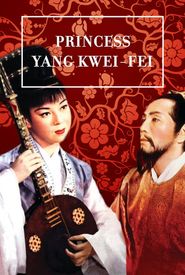Matsutarô Kawaguchi, a renowned Japanese literary giant and cinematic mastermind, was born on October 1, 1899, in the vibrant city of Tokyo, Japan, a metropolis steeped in a rich cultural legacy and storied past, where the echoes of tradition and innovation harmoniously intertwined.
Kawaguchi's remarkable odyssey as a filmmaker has had a profound and lasting influence on the cinematic world, with his most notable and enduring works, including the widely acclaimed and highly influential "Ugetsu", released in 1953, the thought-provoking and deeply introspective "Mabuta no haha", which premiered in 1952, and the poignant and emotionally charged "A Story from Chikamatsu", which was released in 1954, all of which have been celebrated for their masterful storytelling, nuanced character development, and innovative cinematography, thereby solidifying Kawaguchi's reputation as a true master of his craft.
Kawaguchi's personal existence was marked by an extraordinary level of felicity and affection, as he was fortunate enough to have shared the love and companionship of his deeply devoted and profoundly loving wife, Aiko Mimasu, who brought an unparalleled sense of joy and warmth to his daily life, infusing every moment with a sense of happiness and contentment that was palpable to all who knew him.
Kazuo Kawaguchi's extraordinary odyssey on this terrestrial sphere came to a definitive conclusion on the ninth day of June, 1985, within the geographical boundaries of his native land, Japan, leaving behind a profound and abiding heritage that persistently enthralls and motivates numerous individuals to this very moment, a poignant tribute to his indelible imprint on the world.























